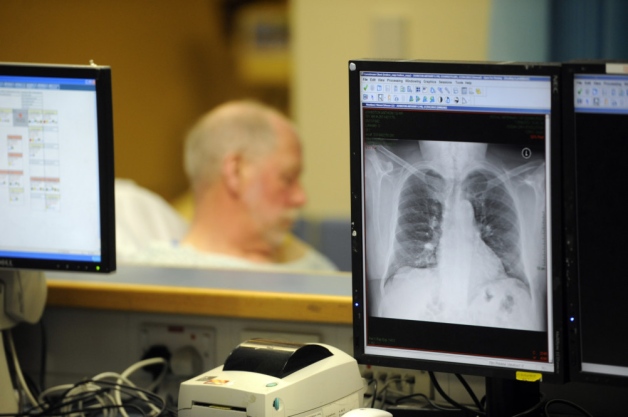Government Grants
Business Grants
Home Owner Programs
Federal Programs
About Us
Page 2
The project targets children from the age of 0 to 18 years old, especially those under-aged children who are already working and cannot or does not attend school.
| Sponsored Links |
|
|
The Office of the Assistant Secretary for Administration and Management and the Department of Labor will award funds in the amount of $13,000,000 through a cooperative agreement to support the Project to Combat Rural Exploitative Child Labor In Peru.
Any of the following institutions will be eligible to apply for this program as long as they demonstrate the ability to reduce the Peruvian children's participation in exploitative child labor:
a) Higher Education Institutions, either public/state controlled or private
b) Profit and Nonprofit organizations such as small businesses
c) local governments with the US and its territories and possessions
d) independent school districts
e) Public Housing Authorities/Indian Housing Authorities
f) Native American Tribal Organizations (other than Federally recognized tribal governments)
g) Faith-based or Community-based Organizations
h) Regional Organizations
The Department of Labor, the primary agency funding the Project to Combat Rural Exploitative Child Labor In Peru, is the country's leading agency that is mainly dedicated to promoting the welfare and best interests of job seekers, wage earners and retirees by way of enhancing their working condition, improving their opportunities, protecting their both retirement and health benefits, and generally protecting and upholding their worker rights as a whole.
Project to Combat Rural Exploitative Child Labor In Peru
Back to Page 1
About The Author Iola Bonggay is an editor of TopGovernmentGrants.com one the the most comprehensive Websites offering information on government grants and federal government programs. She also maintains Websites providing resources on environmental grants and grants for youth programs. |
Additional Government Grants Resources
Advanced Neural Prosthetics Research and Development Program
The National Institutes of Health has formed a partnership with the National Institute of Neurological Disorders and Stroke (NINDS) and the National Institute of Biomedical Imaging and Bioengineering (NIBIB) to establish the Advanced Neural Prosthetics Research and Development Program.
National Endowment for the Arts: Literature Translation Fellowship 2012
The National Endowment for the Arts has constituted the Literature Fellowship for Translation Projects grant. The grant provides fellowships for published translators as they translate specific works of prose, poetry or drama.
Zambia Economic Resilience Program for Improved Food Security
The Zambia Economic Resilience Program for Improved Food Security is designed to implement innovative techniques and approaches that would hopefully enable the community's most vulnerable and poor rural families to improve food security by strengthening their economic resilience.
Basic Research on HIV Persistence Program
In keeping with this mission, the National Institutes of Health has recently constituted the establishment of the Basic Research on HIV Persistence Program in an attempt to increase our understanding of the persistence of HIV-1 infections in patients under highly active anti-retroviral therapy (HAART).
Development of Therapeutics and Diagnostics for Biodefense Program
The National Institutes of Health, in partnership with the National Institute of Allergy and Infectious Diseases(NIAID), has established the Development of Therapeutics and Diagnostics for Biodefense Program in an attempt to seek research proposals that desire to support the development of lead candidate diagnostics or therapeutics against NIAID Category A, B, or C priority agents.
Education Grants for High Achieving Students
Academic Competitiveness Grants assist those undergraduate postsecondary students that have completed a meticulous course of study in high school. Financial grant assistance is provided on need-basis to help these students meet their educational expenses.
Pilot Surveillance System for High Impact/Low Prevalence Congenital and Inherited Conditions Program
The Centers for Disease Control and Prevention has recently established the Pilot Surveillance System for High Impact/Low Prevalence Congenital and Inherited Conditions Program wherein it seeks to create and evaluate a surveillance system for congenital and inherited disease conditions.
Social Entrepreneurship
Spotlight
Social Enterprises: Key to Enhancing a Nation’s Health

Glasgow Caledonian University (GCU) has launched a series of noteworthy research projects to learn if social enterprises can help Scotland lose its “sick man of Europe” label and boost the nation’s overall health.
